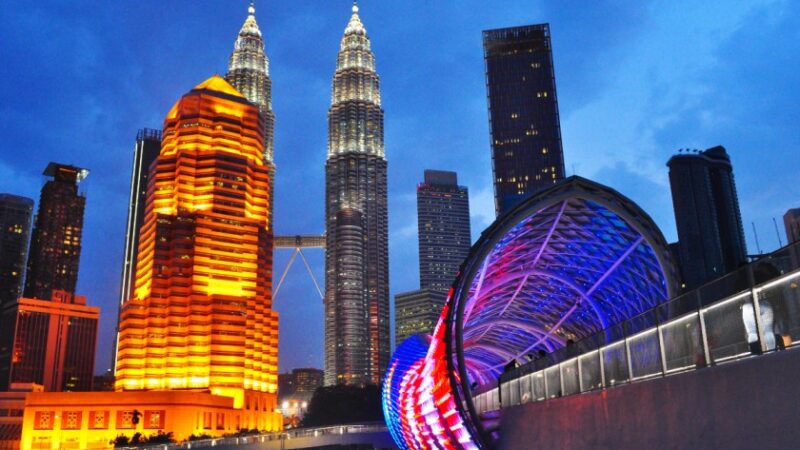MGNREGA Mahatma Gandhi National Rural Employment Guarantee Act

Mahatma Gandhi National Rural Employment Guarantee Act (MGNREGA) is a flagship program of the Government of India that guarantees 100 days of wage employment in a financial year to every household whose adult members volunteer to do unskilled manual work. It is one of the largest anti-poverty programs in the world and is operational in all 640 rural districts in India.
The MGNREGA scheme is aimed at enhancing the livelihood security of households in rural areas by providing round the year employment with minimum guarantee of one hundred days of wage employment in a financial year to every household volunteer to do unskilled manual work. The scheme also aims at creating durable assets, strengthening natural resource base and improving drainage net in rural areas.
MGNREGA Eligibility Criteria
To be eligible for MGNREGA employment, a person must:
- Be a rural resident of India
- Be at least 18 years of age
- Be willing to do unskilled manual work
MGNREGA Registration Process
To register for MGNREGA, a person must visit their local gram panchayat (village council). The gram panchayat will issue a job card to the person, which will contain their personal details and employment history.
MGNREGA Wages and Payment Schedule
MGNREGA wages are set by the central government and are revised annually. The wages are based on the cost of living in each state. The wages are paid directly to the workers’ bank accounts within 15 days of completing the work.
MGNREGA Grievance Redressal Mechanism
If a worker has any grievances related to the MGNREGA scheme, they can complain to their local gram panchayat, block development officer (BDO), or district development officer (DDO).
MGNREGA Success Stories
The MGNREGA scheme has been successful in reducing rural poverty and unemployment. It has also helped to create durable assets in rural areas, such as roads, irrigation canals, and ponds.
How to Get the Most Out of MGNREGA
Here are some tips on how to get the most out of the MGNREGA scheme:
- Register for MGNREGA as soon as possible
- Demand work from your local gram panchayat
- Be aware of your rights and entitlements
- Participate in gram sabha meetings and raise your concerns
- Form self-help groups and work together to get better wages and working conditions
MGNREGA for Women and Marginalized Groups
MGNREGA has played a significant role in empowering women and marginalized groups in rural India. It has provided them with a source of income and has helped them to improve their social status.
The Future of MGNREGA
The MGNREGA scheme is likely to continue to play an important role in rural development in India in the years to come. The government is planning to expand the scope of the scheme to include new types of work, such as climate-resilient agriculture and watershed management.
MGNREGA and Sustainable Development
MGNREGA is aligned with the Sustainable Development Goals (SDGs), which are a set of 17 goals adopted by the United Nations in 2015 to create a more sustainable and equitable world by 2030. MGNREGA contributes to the achievement of several SDGs, including:
- SDG 1: No Poverty
- SDG 2: Zero Hunger
- SDG 5: Gender Equality
- SDG 8: Decent Work and Economic Growth
- SDG 10: Reduced Inequalities
- SDG 13: Climate Action
MGNREGA and Climate Change
MGNREGA is playing an important role in helping India to adapt to climate change. The scheme is being used to create climate-resilient assets, such as water harvesting structures and drought-resistant crops.
The MGNREGA scheme is a landmark program that has had a significant impact on rural India. It has helped to reduce poverty and unemployment, empower women and marginalized groups, and create durable assets. MGNREGA is also aligned with the Sustainable Development Goals and is playing an important role in helping India to adapt to climate change.


